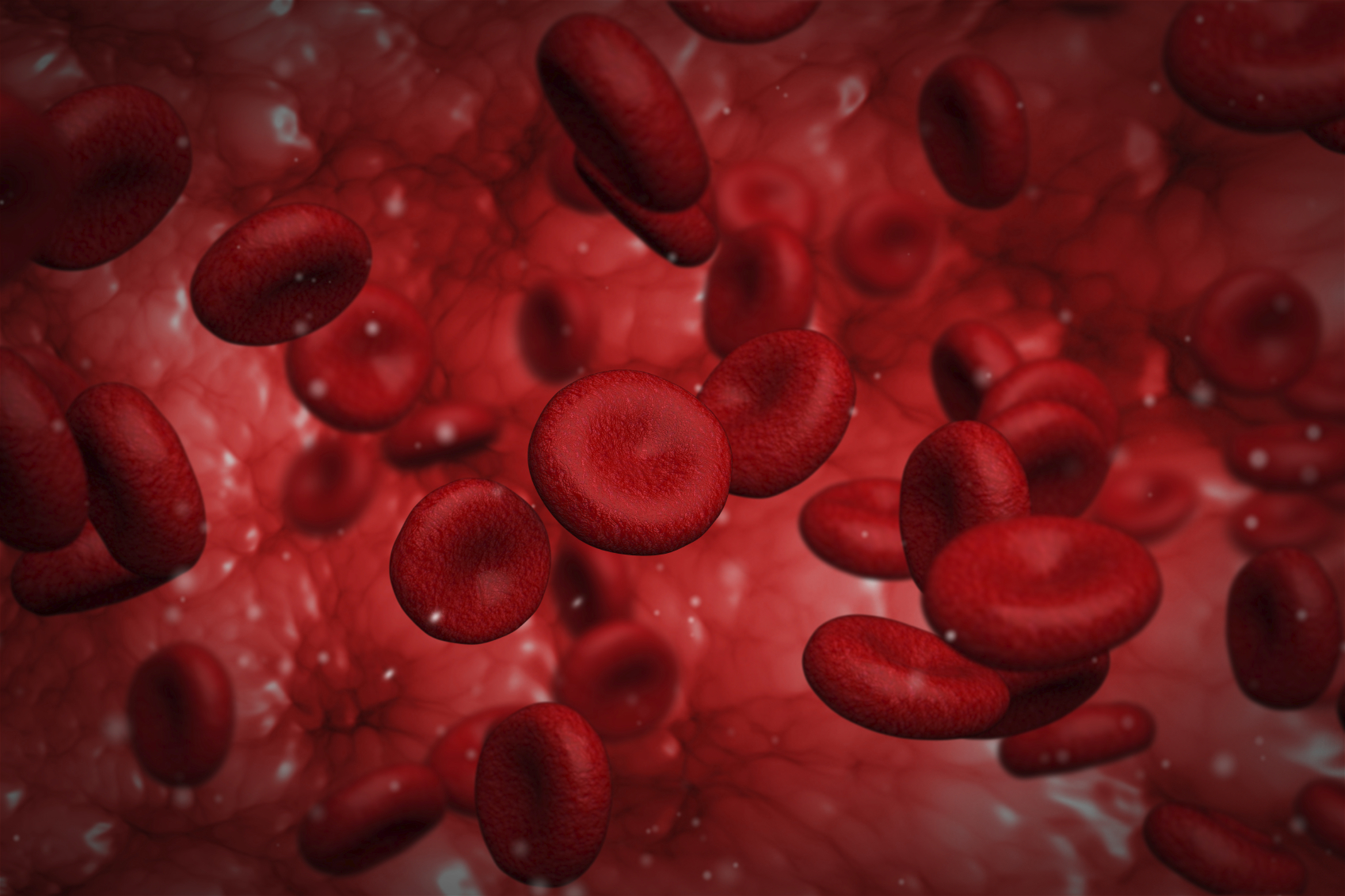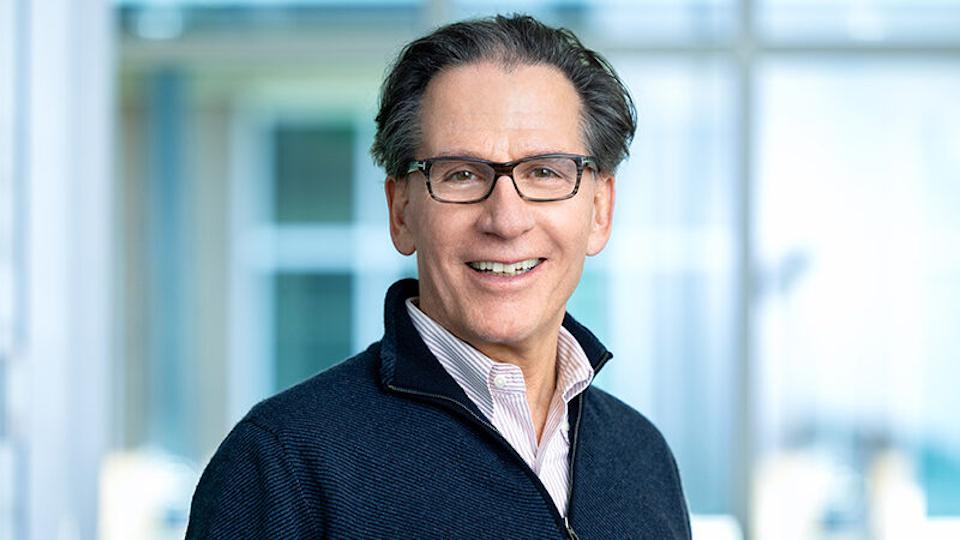Priority review sets up Feb verdict on Sanofi, Sobi haemophilia drug

The FDA will carry out a speedy review of Sanofi and Sobi's once-weekly haemophilia A treatment efanesoctocog alfa (Bivv001), with a decision now expected by 28 February next year.
Bivv001 is a Factor VIII replacement therapy that is being developed as a successor to Eloctate (efmoroctocog alfa), Sanofi and Sobi's current Factor VIII drug that is dosed every four days and has seen its sales decline in an increasingly competitive market.
The marketing application comes on the back of data from the XTEND-1 trial in 159 patients with severe haemophilia A, which showed that efanesoctocog alfa was better at reducing the annualised rate of bleeding episodes than patients' previous Factor VIII therapies, with the convenience of fewer infusions.
The study also found that the drug was well-tolerated, with no evidence for the emergence of inhibitors – antibodies that can be stimulated in the body against replacement Factor VIII and lead to a reduction in its ability to prevent bleeds.
There's a lot riding on efanesoctocog alfa for the two companies, which is viewed as a key component of plans to revitalise their haemophilia partnership in the face of competitive pressure from newer therapies like Roche's antibody Hemlibra (emicizumab).
The drug was one of the primary drivers for Sanofi's $11.6 billion takeover in 2018 of Bioverativ, which developed the technology used to extend its half life in the body. It consists of recombinant Factor VIII protein fused to von Willebrand factor (vWF), a protein makes it more stable in the body.
An EU filing for efanesoctocog alfa will follow after the results from the ongoing XTEND-Kids paediatric trial, due in 2023.
While the spotlight in haemophilia is turning to newer therapies – for example with BioMarin scoring its first approval for a gene therapy for haemophilia A earlier this month in Europe – its developers are adamant that there will still be a need for Factor VIII replacement.
"If approved, efanesoctocog alfa can deliver close to normal factor activity levels for the majority of the week, potentially offering a new tier of protection," said Steve Pipe, a haemophilia specialist at the University of Michigan in the US, who was involved in the XTEND-1 trial.
"Such therapeutic benefits would represent important advances in unmet medical needs for people with haemophilia A and may transform the prophylactic treatment landscape," he added.
When Sanofi acquired Bioverativ, forecasts for Bivv001 were that it could become a $2 billion product, although the haemophilia A market has evolved in the meantime, mainly as a result of Hemlibra's approval.
Sales of Roche's drug have grown rapidly since its launch in 2017 to reach $3 billion last year and show no signs of slowing down, with a tally of around $1.9 billion in the first half of this year.
It has made rapid progress thanks to competitive pricing that makes it cheaper than current factor therapies as well as flexible dosing every one, two, or four weeks, depending on the patient need.
Sanofi sees its new drug's potential lying in patients already taking Factor VIII drugs, which it says is a $5 billion market, and also maintains that its profile will be "competitive" against treatments like Hemlibra, for example among patients experiencing breakthrough bleeds with Roche's drug.












